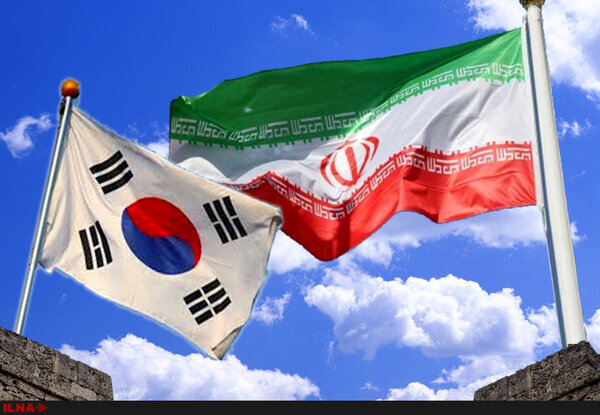Tehran in talks with Seoul over using frozen money to buy COVID-19 vaccines: Korean official

TEHRAN — Seoul and Tehran have been in talks over the use of Iran’s frozen money in South Korea under U.S. sanctions to purchase COVID-19 vaccines from a global procurement mechanism, a South Korean Foreign Ministry official said on Tuesday.
According to Yonhap news agency, the official said the U.S. has given the green light to the plan to secure vaccines via the COVAX facility, but Tehran remains indecisive amid worries that the Korean won-based assets could be frozen again in the process of its conversion into dollars to procure vaccines from the facility.
After Iran’s request for the use of the frozen money for the humanitarian cause, Seoul had consulted with the U.S. Treasury Department to secure sanctions exemptions for the use of the frozen money.
“Iran has not made a decision yet out of concerns that in the process of wiring the money for the dollar conversion to purchase vaccines, it would flow into U.S. banks, and in that process, uncertainty arises over how the U.S. government would handle it,” the official said.
Iran’s assets at two Korean bank accounts known to be worth about $8 billion to $8.5 billion in total have been frozen since September 2019, when Washington’s sanctions waiver for South Korea’s imports of Iranian oil expired.
The two countries had used the accounts based on the Korean currency to continue Korea’s imports of oil from and its exports of goods to Iran despite U.S. sanctions banning dollar-based transactions with the Islamic republic.
Hossein Tanhaei, head of the Iran-South Korea Joint Chamber of Commerce, on Sunday announced Iran’s decision to use its frozen money for COVID-19 vaccines
“Yesterday, we had a meeting with First Vice President Es'haq Jahangiri about our country's blocked money in South Korea, and suggestions were made to be presented to South Korea on how to barter our money in this country with a variety of goods including COVID-19 vaccine,” Tanhaei told ILNA.
Earlier, President Hassan Rouhani had reacted to Seoul’s blocking of Iranian assets, saying: “South Korea’s ban on Iran’s use of its central bank resources to buy basic goods, medicine, and humanitarian items is by no means acceptable, and we expect Seoul to lift this restriction as soon as possible.”
Over the past two years, economic relations between Tehran and Seoul have fallen sharply under the increased U.S. sanctions against Iran.
Before re-imposing U.S. sanctions in 2018, South Korea had $4 billion in annual exports to Iran and $8 billion in Iran imports.
MH/PA
